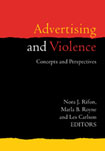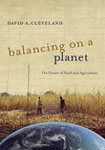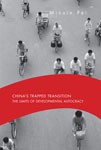Book Details
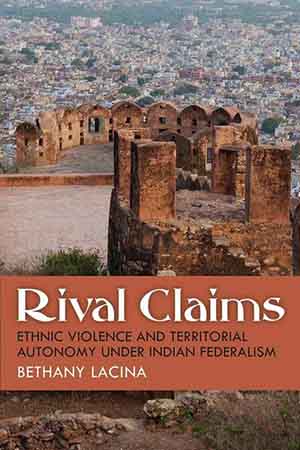
Rival Claims : Ethnic Violence and Territorial Autonomy under Indian Federalism
Using new data on ethnicity and sub-national discrimination in India, national and state archives, parliamentary records, cross-national analysis and her original fieldwork, Lacina explains ethnoterritorial politics as a three-sided interaction of the center and rival interests in the periphery. Ethnic entrepreneurs use militancy to create national political pressure in favor of their goals when the prime minister lacks clear electoral reasons to court one regional group over another. Second, ethnic groups rarely win autonomy or mobilize for violence in regions home to electorally influential anti-autonomy interests. Third, when a regional ethnic majority is politically important to the prime minister, its leaders can deter autonomy demands within their borders, while actively discriminating against minorities.
Rival Claims challenges the conventional beliefs that territorial autonomy demands are a reaction to centralized power and that governments resist autonomy to preserve central prerogatives. The center has allegiances in regional politics, and ethnoterritorial violence reflects the center’s entanglement with rival interests in the periphery.
Acknowledgments
ONE Ethnicity, Territory, and Civil Violence
TWO Regional Interests, National Crisis
THREE Setting the Stage: Indian Federalism through the Present
FOUR Beyond Post Hoc Primordialism: Patterns in Ethnic Territorial Violence and Autonomy
FIVE Regional Opposition, Central Intransigence:Punjab’s Descent to War
SIX Nuisance Violence in Action: The 1956 Reorganization
SEVEN Different Opportunities, Different Tactics:The Hill State Movement
EIGHT Incumbent Regional Elites and Federal Stability
NINE Ethnoterritorial Conflict in Comparative Perspective
Conclusion: Ethnic Autonomy and the
Management of Territorial Conflict
Appendix
Notes
Bibliography
Index

FORM OF PRACTICAL KNOWLEDGE : A STUDY OF THE CATEGORICAL IMPERATIVE
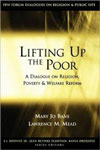
LIFTING UP THE POOR : A DIALOGUE ON RELIGION, POVERTY AND WELFARE REFORM (Pew Forum Dialogue Series on Religion and Public Life)

STILL THE PROMISED CITY? : AFRICAN-AMERICANS AND NEW IMMIGRANTS IN POSTINDUSTRIAL NEW YORK
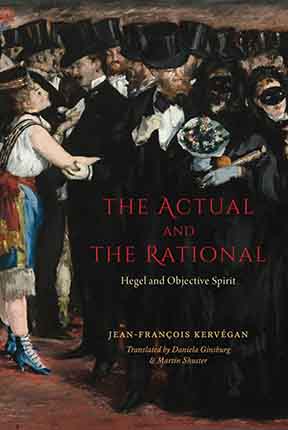
The Actual and the Rational : Hegel and Objective Spirit
Popular Picks on the Month









